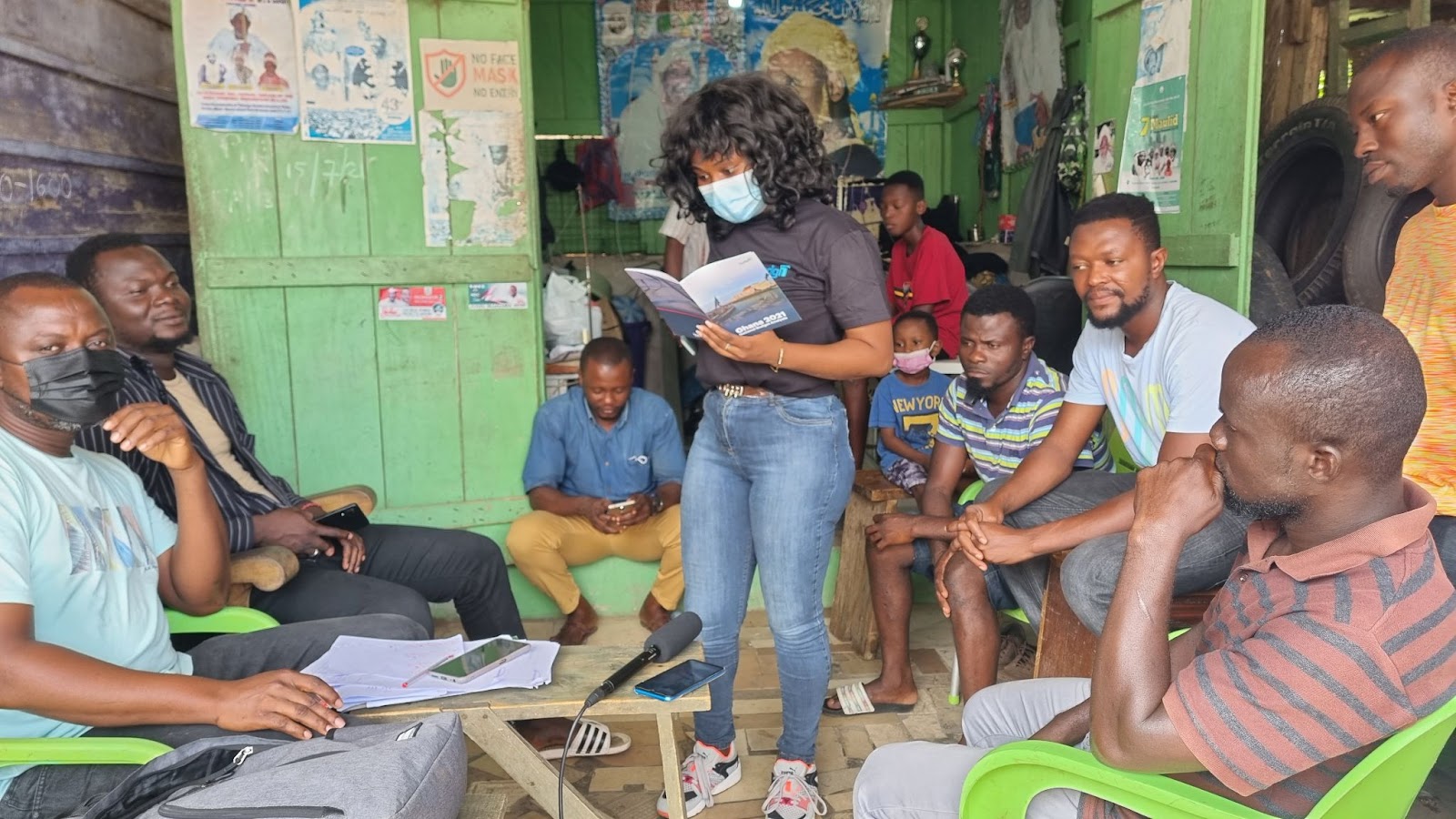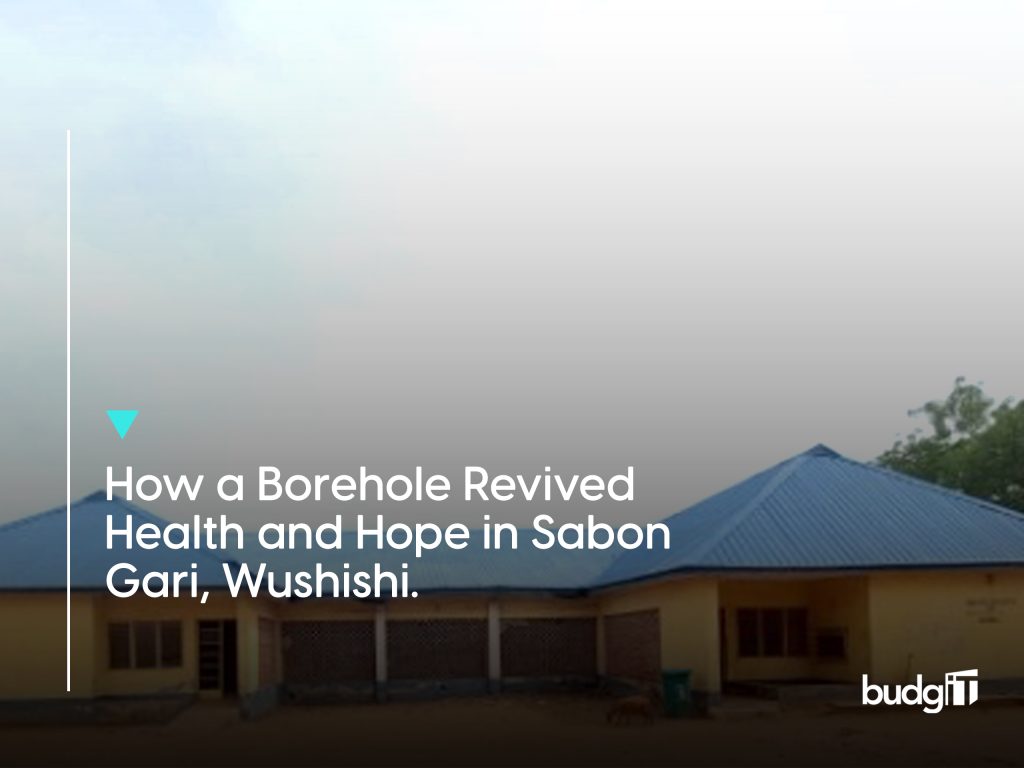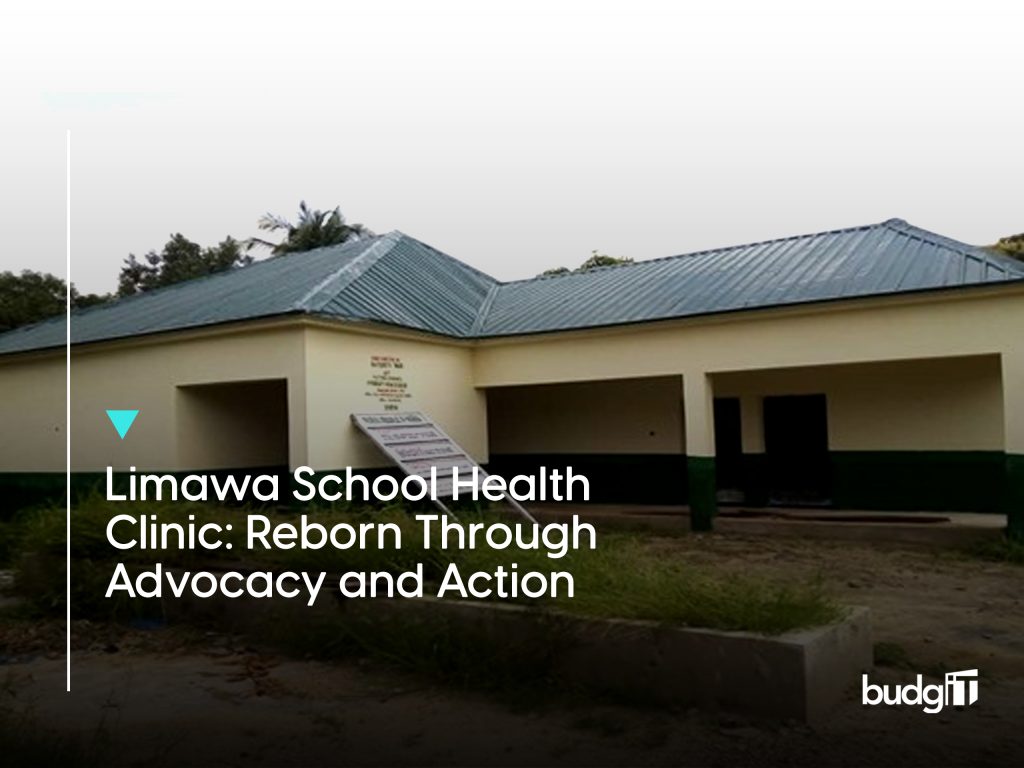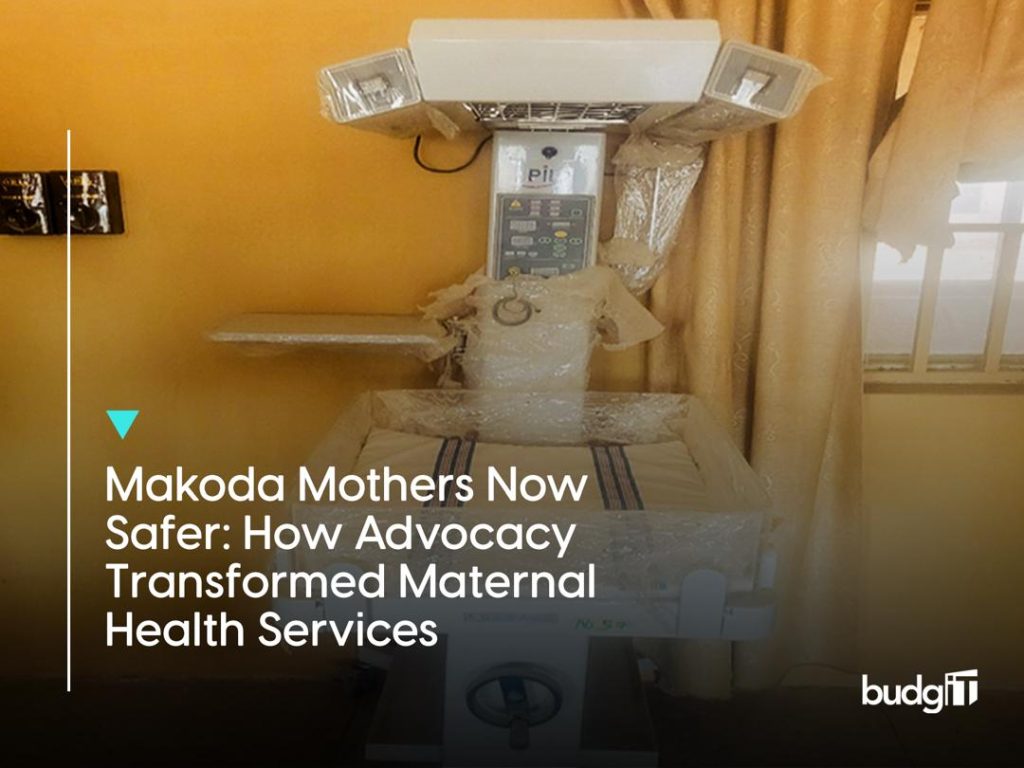As we begin a new year, our focus remains on ensuring citizens know their country’s financial plan. BudgIT’s work across Liberia, Sierra Leone, and Ghana support the people’s participation in governance, encouraging them to get involved and ask critical questions about projects in their communities. We reflect on our work in 2021, from developing the simplified analysis of the national budgets in Liberia, Sierra Leone, and Ghana, examining the impact of the COVID-19 pandemic on country budgets, to building partnerships with the governments, media, and CSOs and gathering data for the Covid-19 Transparency and Accountability Project.
Simplifying Public Financial Data
BudgIT Ghana team analysed the 2021 budget-themed “Economic Revitalisation through Completion, Consolidation, and Continuity,” designed to ostensibly end the cycle of unfulfilled commitments over the years and minimise the impact of the COVID-19 pandemic. We analysed the critical components of the budget using illustrations and eye-catching visualisations. We also did a comparative analysis of the projected expenditure (GHC113bn) and the revenue projection of GHC72bn. Many Ghanaians were surprised to discover the huge and ballooning debt profile, which surged to 83% of GDP at the close of the year.
The simplified documents were printed in hard copies and distributed in citizen sensitisation meetings. In Liberia, the BudgIT team led by Abraham Varney also developed a simplified analysis of the 2021 Special National Budget projected budget size of $301.5 million from July 1 to December 31, 2021. FY 2021, tax revenue made up 75.3% of the budget at $227.1 million. We engaged citizens on the budget provision, and they were dismayed to learn that capital expenditure stands at a tiny fraction of the budget at 9.7%. In comparison, the recurrent expenditure stood at 90.3%- ($272.1m). The document explained the government priorities in simple terms and highlighted the Ministries with the most extensive and minor allocations. Our goal is to increase citizens’ understanding of the government’s financial plans and raise awareness to demand transparency and accountability in the budget implementation.
In Sierra Leone, our Country Lead, Alhassan Sesay, and his team also developed a simplified analysis of the 2021 national budget of Economic Recovery for Job Creation and Human Capital Development. While the budget promised to focus on economic stimulation recovery to lessen the impact of the COVID-19 pandemic through direct support to affected industries and poverty reduction programs for individuals, many citizens were not aware of these provisions.
Radio and Roadshows
The BudgIT-Hour radio show on OK FM 99.5 in Liberia gained prominence in 2021. As a result, more citizens joined the conversation to ask questions about crucial budget provisions and discuss the government’s priorities for the year with increased participation and over 600 call-ins. We also invited the government officials and CSO members to discuss critical issues concerning the budget, citizen participation in governance, the state of the economy, and citizen-led advocacy.
Similarly, the BudgIT Sierra Leone team also holds weekly radio shows on Radio VOPAD to share budget findings with citizens, emphasising its effect on citizens and the local economy. It turns out people are interested in learning about the government’s financial plans, but often, the plans are buried in a cumbersome document which is discouraging for a layperson. Our work to provide simplified access to the budget has increased citizens’ awareness of annual government provisions, and they are beginning to ask critical questions.
In February 2021, our Ghana team began community engagement meetings, sensitising citizens in the rural areas of Jamestown, Makola, Ashongman, Landing Beach, Mfantsipim Konongo, Juaben, Wa. Our goal to increase budget access expanded across five districts in Ghana.
Likewise, in Liberia, our team held civic education town hall meetings with citizens in four Liberian counties; Bong, Margin, Grand Bassa, and Montserrado. We engaged at most minuscule 40 CSOs, sharing the analysed budget documents and holding explanatory sessions to discuss how it directly affects them. In 2021, we reached 500,000 citizens in person, online, and radio engaging them on budget awareness.
In Sierra Leone, we had online and offline engagements with over 350,000 Sierra Leoneans in the South, North, East, West, and North-West regions providing information about the year’s budget provisions. Many citizens were excited to learn about the government’s plan to provide economic support to small businesses, free education, and agricultural support to farmers. These meetings offer clarity on engaging the government agencies responsible for project implementation.
Building Coalitions for Accountability
The governments of Liberia, Sierra Leone, and Ghana, like other countries, were impacted by the COVID-19 pandemic in 2021. The pandemic further increased the countries’ debt profiles due to a weakened economy and reduced revenue.
Having observed the mismanagement of the 2015 Ebola crisis funds across West Africa, BudgIT launched the COVID-19 transparency and accountability project (CTAP) to track the usage and disbursement of the Covid-19 intervention funds. In Liberia, our team followed the distribution of the $1 million COVID-19 Stimulus package for private school teachers and collaborated with other CSOs to gather data and conduct interviews for COVID-19 Survivors, health care professionals, and government institutions.
The BudgIT Ghana team tracked the implementation of the COVID-19 intervention programs targeted at supporting businesses, improving the health sector, and reducing the spread and containment of the virus in five different districts – Ashongman, Konongo, Juaben, Cape Coast, Wa] within three regions- Greater Accra, Northern, and Central. We engaged citizens, local government assembly members, and members of various Ministries, Departments, Agencies, Metropolitan, Municipal, and District Chief executives. A critical finding was the lack of information at the local level, pointing to the centralisation of covid fund disbursement at the national level through the Ministry of Finance. We observed fewer capital projects as most intervention funds focused on economic recovery in soft loans to businesses. Also, we discovered that the government’s AGENDA 111 pledge to bridge the gap in healthcare infrastructure had been stalled for several months.
In Sierra Leone, we partnered with Budget Advocacy Network (BAN) to develop research examining the usage of COVID-19 funds in the country. We tracked the implementation of capital projects, palliative care, and hazard allowance to health workers under the Covid intervention program in five different districts (North, South, East, West, and North-West). We met and interviewed citizens and COVID-19 survivors, health workers, and local government officials.
BudgIT developed human-angle videos in Liberia, Sierra Leone, and Ghana to capture citizens’ perceptions of the COVID-19 intervention funds, focusing on direct financial aid for small businesses, quality-of-life care, and healthcare facilities. BudgIT widely shared the human stories and other findings and documents under each country-level report. We also discussed our results on local radio to drive conversations around the funds and raise awareness about the influx of support funds into the three countries.
Our Next Steps
Our goal is to build sustainable partnerships with willing institutions ranging from media outlets, Civil groups to the government. We hope that these partnerships help fulfil our mission to use creative technology to simplify public information, stimulate a community of active citizens, and enable their rights to demand accountability, institutional reforms, efficient service delivery, and an equitable society. We remain steadfastly committed to raising civic awareness of the budget, working with other civil groups to ensure that more citizens know the national budget and how it affects their daily livelihoods. We believe that getting involved in budget advocacy drives government accountability, which significantly impacts the quality of education for our children, health outcomes for the community, and overall economic prosperity for the people.
In 2022, our goal is to expand global teams and increase the impact and capacity for more programs around transparency and accountability in public finance. BudgIT Ghana, Liberia, and Sierra Leone will implement phase 2 of the Covid-19 Transparency and Accountability Project. This phase will collaborate with more civil society to increase access to more citizens, research, and a digital tracking platform to curate findings across the countries.
In Ghana, we will simplify extractive data to raise awareness about the country’s natural resources and a demand for efficient usage through transparency and accountability. Across the three countries, we will establish BudgIT Youth Advocacy Clubs in Universities, empowering young citizens with the budget and public finance data, allowing them to take action and demand service delivery and accountability within their communities. Citizens’ participation in implementing public funds is crucial to a country’s development. Beyond voting, it is our right and duty as citizens to participate and ask critical questions regarding the budget. It can help governments be more accountable and responsible in the disbursement of funds and increase the implementation of critical capital projects such as hospitals, schools, roads, electricity, and infrastructures.
Abiola Afolabi is the Head of International Growth and she writes from Chicago, USA.



